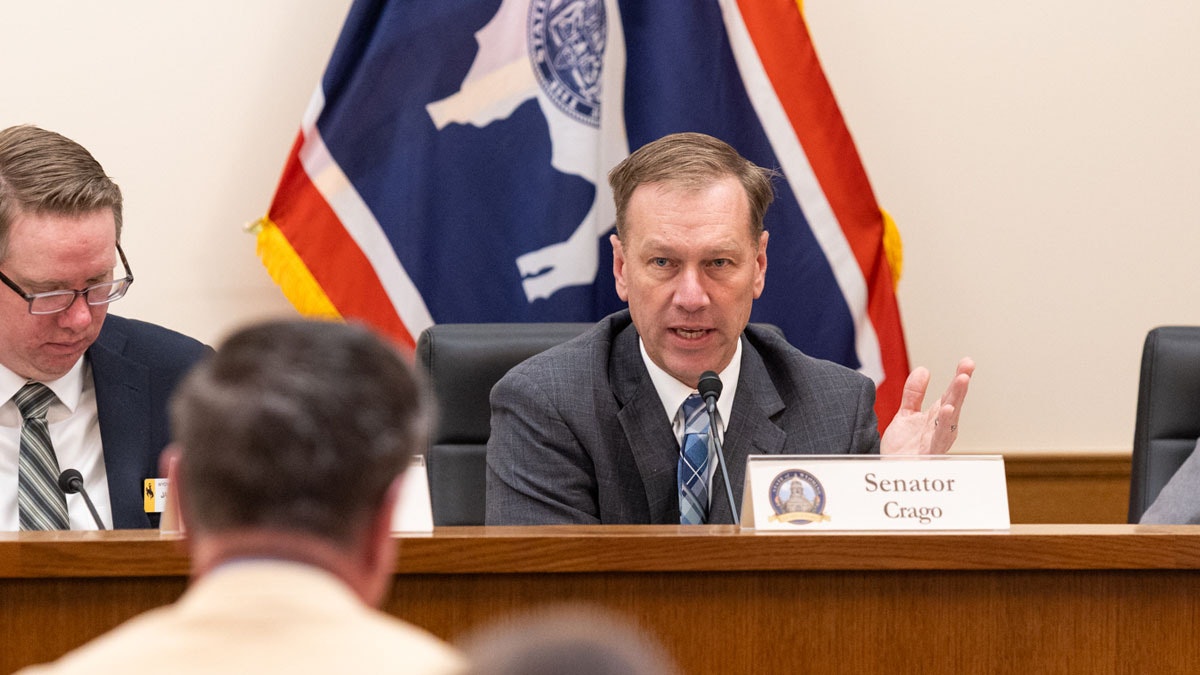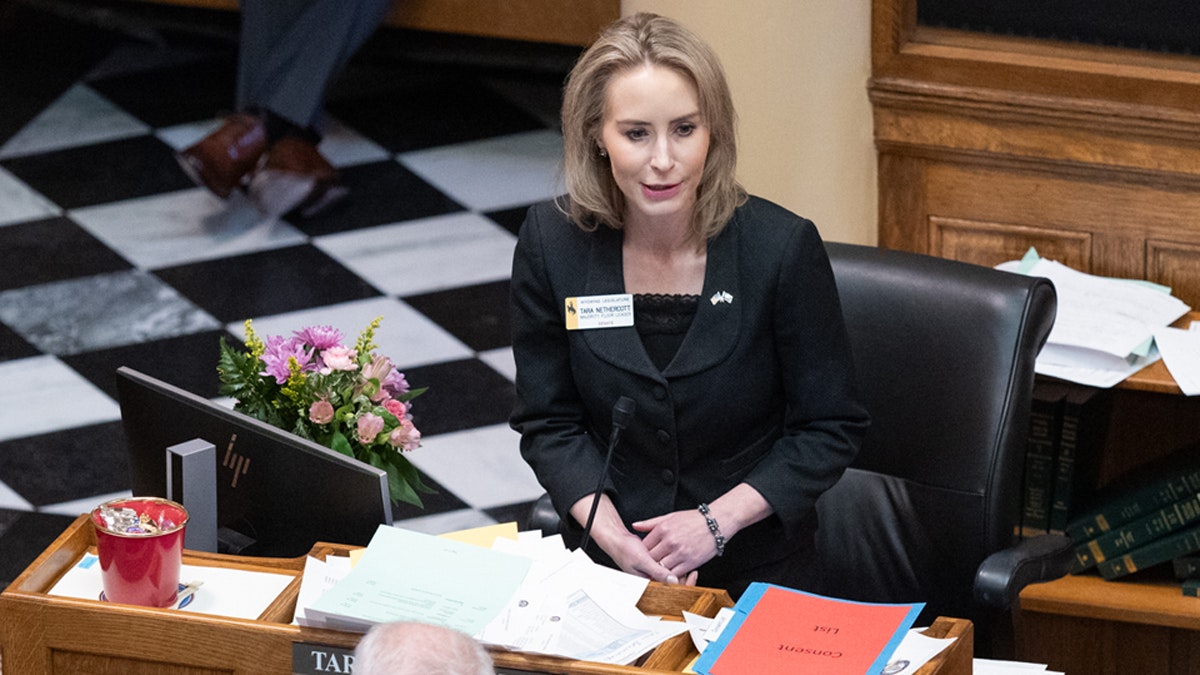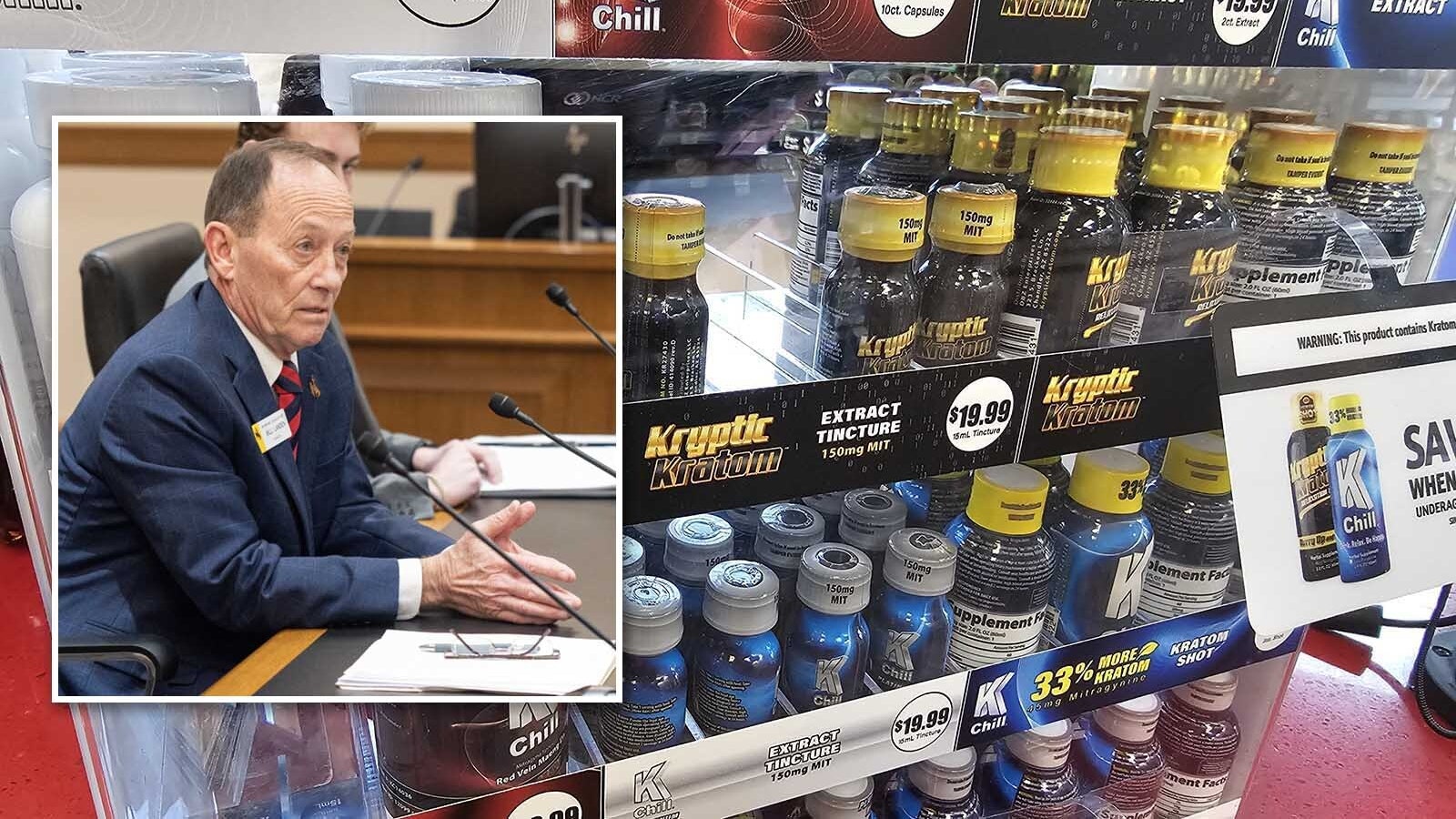The Wyoming Senate was not impressed with what passed out of the House on Wednesday night for property tax relief.
After the House spent more than five hours debating 21 amendments before passing a huge 50% property tax bill Wednesday, the Senate took minutes Thursday to reject the changes to Senate File 69, which gives a 50% tax cut to home values up to $1 million for each of the next two years.
The House added a roughly 50% backfill with $225 million for local entities to draw off over two years. The Senate version of the bill contained no backfill.
The bill now also states that if a citizen’s initiative to permanently cut property taxes by 50% doesn’t pass in the 2026 election, a 25% cut will be instituted. As currently written, that contains no associated backfill.
The bill is expected to cost $200 million in its first year, leaving a projected $155 million disparity for local governments and schools.
Confusion Abound
Multiple members of the Senate expressed confusion about what the bill now does after the House considered the high quantity of amendments Wednesday night. The Senate voted 26-6 vote to send the bill to a Joint Conference Committee, where the two sides will try to hammer out the differences of the legislation to find a happy — or not-so-happy — compromise.
“The House is ready to get to work, reconciling the differences between the chambers,” said state Rep. John Bear, R-Gillette.
There was significant confusion about the backfill that was passed Wednesday, with multiple senators stating incorrect facts and figures before being somewhat corrected.
Sen. Charles Scott, R-Casper, brought an amendment to delay taking any action on the bill, but Senate Vice President Tim Salazar urged the group to take the bill to negotiations with the House.
“This is a major bill,” Salazar said. “I think we can do better. We can do better. I think we will do better. Let’s move on, let’s get on with it.”
Sen. Troy McKeown, R-Gillette, said one of his biggest concerns about the bill is that it now removes associated land from the tax exemption, solely limited to residential structures.
“That’s kind of a big deal,” he said.
But Why?
During a Thursday press conference, Salazar and Senate President Bo Biteman, R-Ranchester, provided few details about what they’re specifically looking to resolve in the property tax bill.
“We are talking, and I’d like to leave it at that,” Salazar said. “I’m hopeful that we will reach an agreement, but we’re at a point where I would just rather not discuss it.”
Salazar said he hopes to have more details on what the Senate is exactly looking for in the bill by early next week.
Salazar, Mckeown and Sen. Mike Gierau, D-Jackson, will argue the Senate’s position on the property tax bill. He told reporters that when he goes into conference committees, he tries to strike a middleground while not giving up his or the Senate’s core desires.
“You have to remember, even if you make an agreement, can you actually sell it and get it passed by your chamber?” he said.
He and Biteman also explained why they’re philosophically opposed to backfills.
“It’s not sustainable,” Biteman said. “It’s creating a new entitlement to local governments and it’s coming out of our savings account and it’s hundreds of millions of dollars a year, and it’s creating dependency on that money. We want to create less dependency on the state government, not more.”
Salazar agreed and said backfills don’t represent a Republican value.
“I think it’s a serious issue for the Legislature as a whole,” he said.
Biteman also expressed concern on the sustainability front that if President Donald Trump is successful with growing America’s energy industry, it could lead to lower energy prices and thus lower revenues for Wyoming.
“So, you combine a lower price of oil with … a market correction or a slow down of the economy, we could find ourselves in a very precarious situation point,” he said. “We’ve got to look a little bit down the horizon and keep that in mind as we’re making these important decisions.”
The Senate will also finally look at the House’s version of the supplemental budget starting next week, a bill that’s been sitting in the Senate for around 10 days, more than a quarter of the length of the entire session.
Leo Wolfson can be reached at leo@cowboystatedaily.com.





